 In accordance with its duty to uphold and defend human and peoples’ rights in Africa as outlined in Article 45 of the African Charter on Human and Peoples’ Rights (the African Charter), African States have been urged to abstain from implementing Internet shutdowns during electoral periods. Resolution 580 was endorsed during the 78th Private Ordinary Session conducted virtually from February 23 to March 8, 2024.
In accordance with its duty to uphold and defend human and peoples’ rights in Africa as outlined in Article 45 of the African Charter on Human and Peoples’ Rights (the African Charter), African States have been urged to abstain from implementing Internet shutdowns during electoral periods. Resolution 580 was endorsed during the 78th Private Ordinary Session conducted virtually from February 23 to March 8, 2024.
According to The African Commission on Human and Peoples’ Rights (the Commission), underscoring that freedom of expression and access to information are fundamental human rights guaranteed by Article 9 of the African Charter;
Reaffirming that the right to regular, free, fair and credible election is the most sacred democratic norm that serves as a primary means for the exercise of the sovereign right of a people to self-government under Article 20 of the African Charter and the right of individuals to participation in public affairs under Article 13 of the African Charter;
Noting Article 4(1) of the African Charter on Democracy, Elections and Good Governance, which stipulates that State Parties shall commit themselves to promote democracy, the principle of the rule of law and human rights;
Further recalling Principle 37(2) of the Declaration of Principles on Freedom of Expression and Access to Information in Africa (the Declaration), which provides that “States shall recognize that universal, equitable, affordable and meaningful access to the internet is necessary for the realization of freedom of expression, access to information and the exercise of other human rights;”
Considering, Principle 38(1) and 38(2) of the Declaration, whereby States: “do not interfere with the right of individuals to seek, receive and impart information through any means of communication and digital technologies, by taking measures such as removal, blocking and filtering of content, except where such interference is justifiable and consistent with international human rights law and standards”; and do not tolerate or engage in the interruption of access to the Internet and other digital technologies targeting segments of the population or an entire population;”
 Taking into account the recommendations of Article 26 of the Guidelines on Access to Information and Elections in Africa, which stipulates that: “The body responsible for regulating the broadcasting media as well as other public or private bodies responsible for national security and associated with the provision of telecommunications services shall refrain from blocking access to the Internet or any other media during the electoral process;”
Taking into account the recommendations of Article 26 of the Guidelines on Access to Information and Elections in Africa, which stipulates that: “The body responsible for regulating the broadcasting media as well as other public or private bodies responsible for national security and associated with the provision of telecommunications services shall refrain from blocking access to the Internet or any other media during the electoral process;”
Reaffirming the importance of access to the internet in the digital age and its implication for the realization of human rights provided for in the African Charter and other human rights instruments;
Concerned that the trend of Internet blackouts in Africa, particularly before, during and after elections, which interfere with freedom of expression and access to information, and can have an impact on the conduct of free and democratic elections;
Noting that in 2024, elections are announced in the following 21 countries: including Algeria, Botswana, Burkina Faso, Cape Verde, Chad, Comoros, Ethiopia, Ghana, Guinea-Bissau, Libya, Madagascar, Malawi, Mali, Mauritania, Mauritius, Mozambique, Namibia, Rwanda, Senegal, South Africa, South Sudan, Tanzania, Togo and Tunisia;
Taking into consideration the increased use of the internet and social media platforms for dissemination of information to voters, election observers, election management bodies and other stakeholders, particularly during elections;
The Commission calls on State Parties to:
(i) Ensure compliance with the African Charter, the African Charter on Democracy, Elections and Good Governance and relevant regional and international human rights instruments during the electoral process;
(ii) Take the necessary legislative and other measures to ensure open and secure internet access before, during and after elections, including ensuring that telecommunications and internet service providers take adequate steps to provide unrestricted and uninterrupted access;
(iii) Refrain from ordering the interruption of telecommunications services, shutting down the internet, and/or disrupting access to any other digital communication platforms before, during or after the elections;
(iv) Require telecommunications and internet service providers to inform users of potential disruptions and exercise due diligence to resolve any disruptions expeditiously.

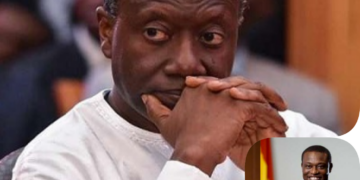
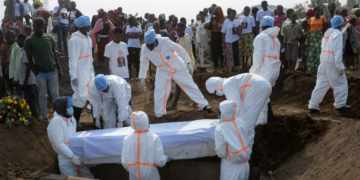
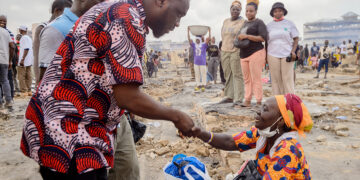

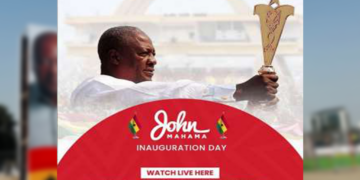
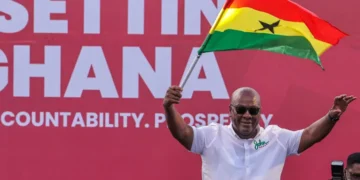

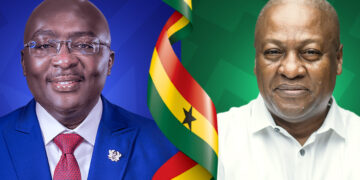
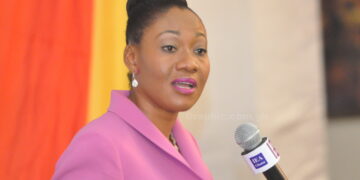
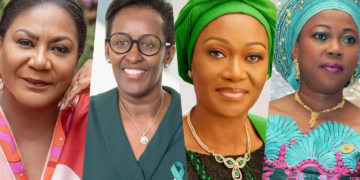



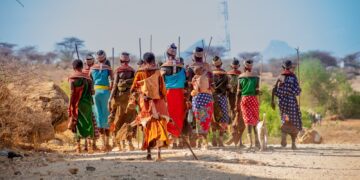
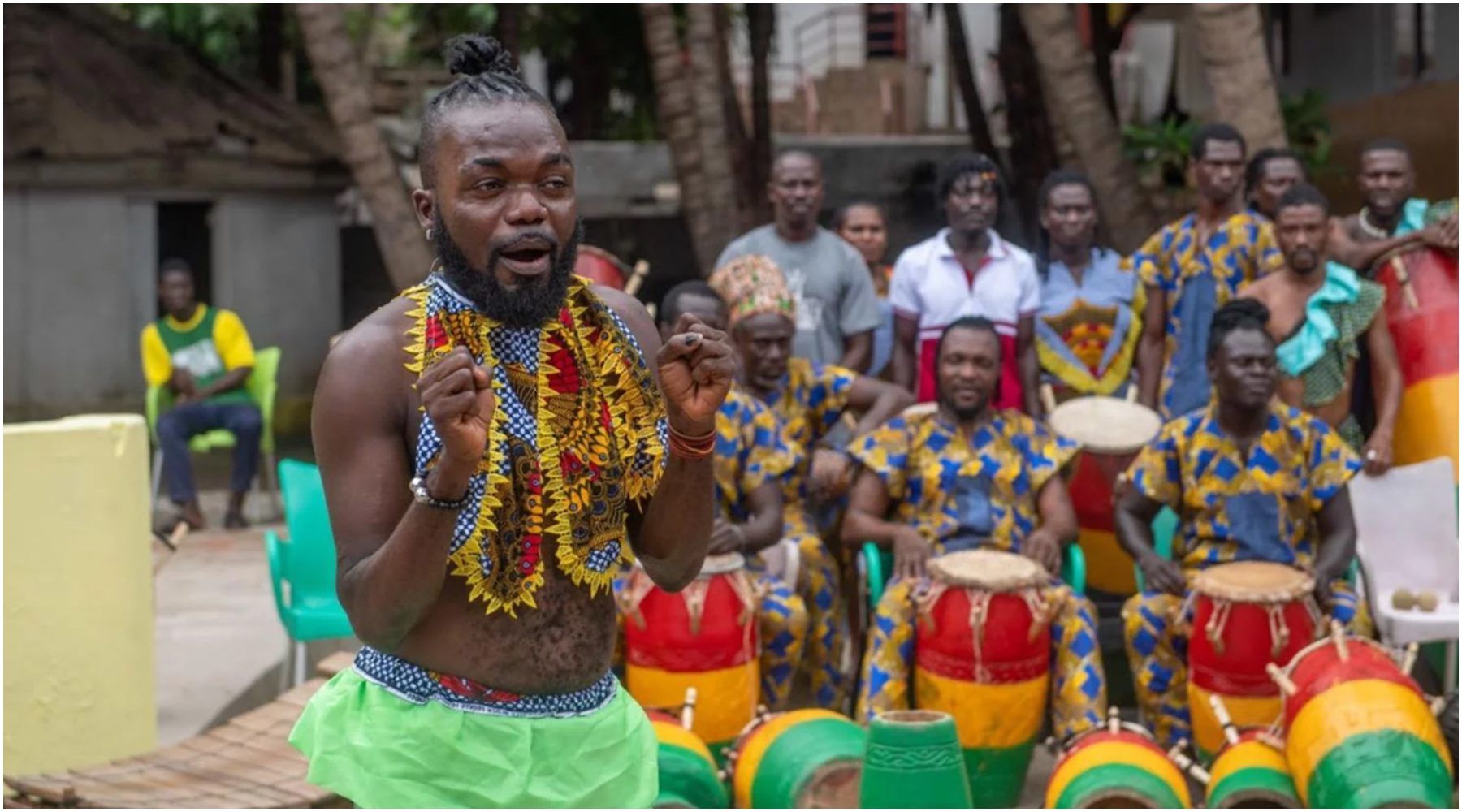





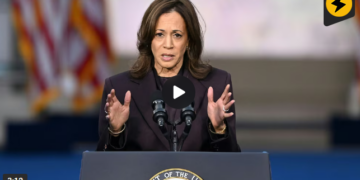
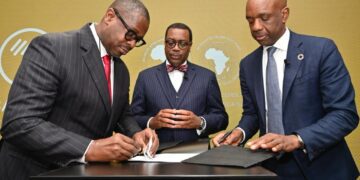


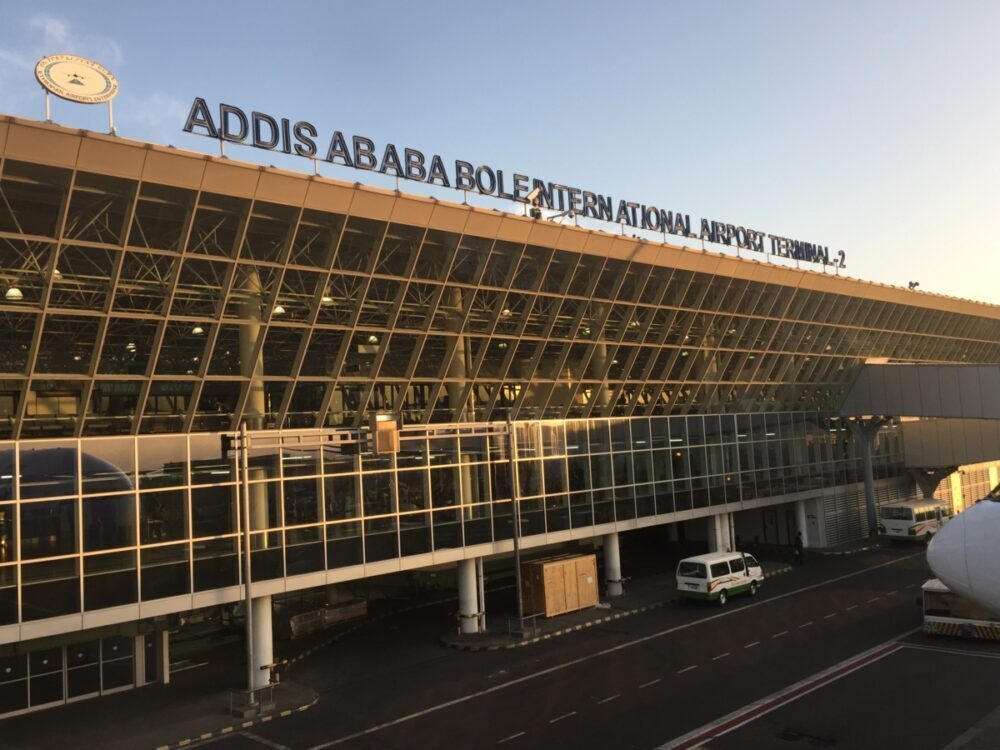
































Discussion about this post